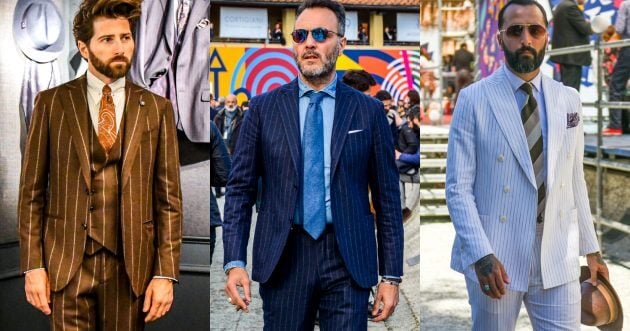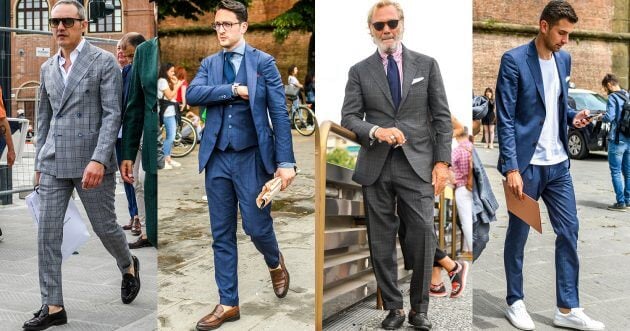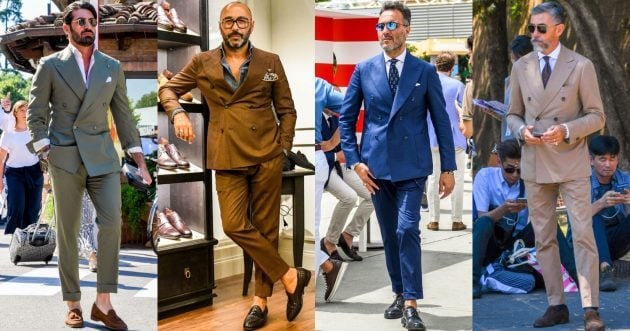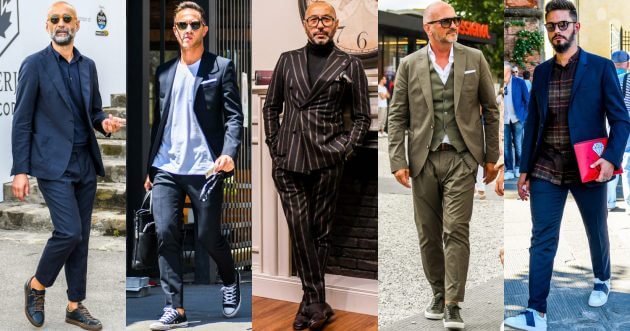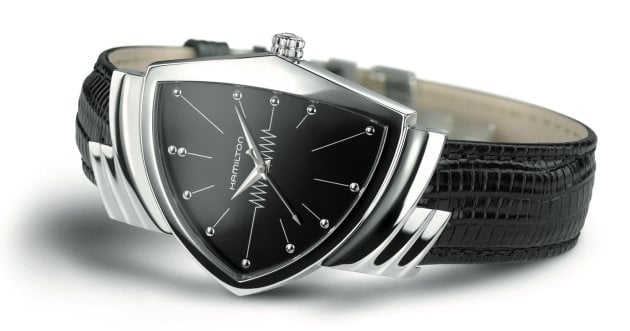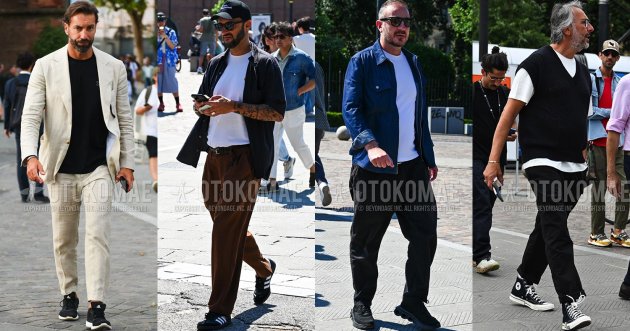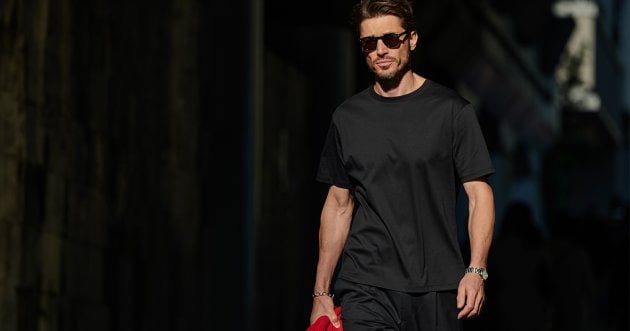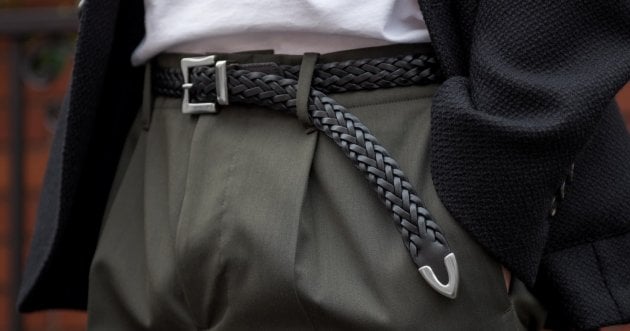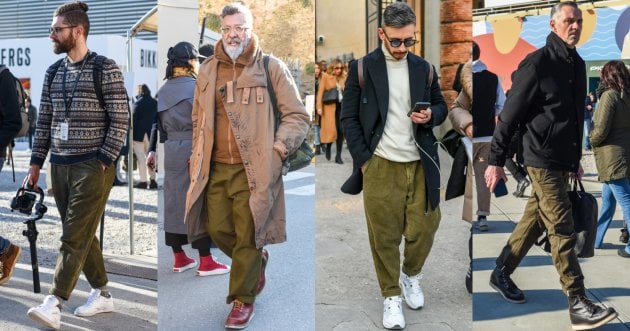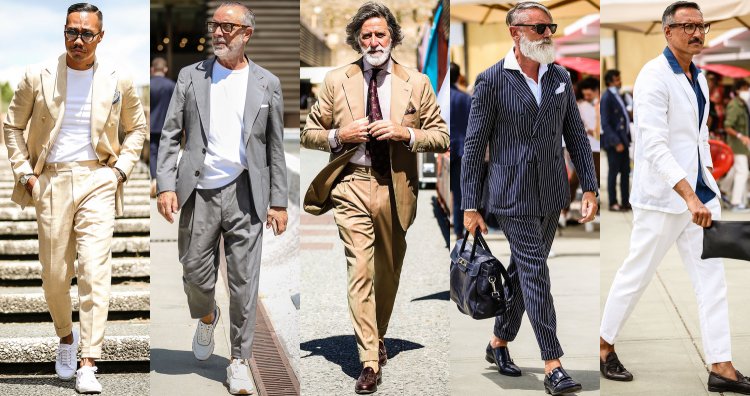
If you want to wear a suit smartly in summer, item choice and the way you wear it are important. In this issue, we focus on the “summer suit style,” and introduce the most notable dressing techniques, types of fabrics, and recommended items all at once!
Suponsered by
Summer suit styles make a difference with “color” and “texture”!
There are various types of fabrics used for suits, ranging from wool, the most popular natural fiber, to nylon, which is made from chemical fibers. The key to choosing the best suit for the summer season from such a wide range of choices can be said to be ” color” and “texture. If the color creates a visual sense of coolness and the cool texture of the fabric provides comfort, you can be sure that your summer suit will be a fresh and stylish outfit.
What is the best suit for summer?
The best suits for summer in Japan, where not only strong sunlight and high temperatures but also high humidity can cause further discomfort, are those that are breathable, dry to the touch, and made of soft, lightweight fabric. For dress suits, formal suits, and cool biz suits, summer wool made with high-twisted yarn is considered the best fabric, as it absorbs and releases moisture, drapes well, and conforms to the body’s contours for a good appearance. Of course, the jacket must be tailored in a “backless” style, which means that the back of the jacket is unlined, and if it is sweat-absorbent, quick-drying, heat-shielding, and washable, then it is perfect.
The classic material for summer suits: 1) “Linen
Linen, characterized by its light weight, excellent air permeability, and natural texture, is a standard material for summer suit fabrics. It is an excellent summer fabric that reduces discomfort in summer because it is very light compared to other materials. The earthy coloring unique to nerinori matches the mood of the colonial era, and has been attracting increasing attention in recent years. Linen suits tend to wrinkle more easily than other fabrics, so when wearing linen suits for business, it is advisable to choose linen blends with cotton or wool, or linen blends that do not wrinkle easily.
Standard material for summer suits (2) “Summer wool
Summer wool, woven for spring and summer, is lightweight and breathable, and is the king of summer business suit fabrics. It is sometimes called tropical wool. It has an elegant and refined look that is hard to achieve with other summer suits, which tend to give a casual impression, and is widely used as a summer menswear fabric for dress and formal occasions. Summer suits called “fresco wool suits” overseas refer to summer wool suits made of high-twisted yarn, and the word “fresco” means The word “FRESCO” is derived from the Italian word “Affresco” meaning “fresh.
Standard material for summer suits (3) “Cotton
This cotton material is airy and comfortable to wear even in hot weather, and its high water absorbency allows it to quickly absorb sweat. Although the fiber itself is softer than wool or linen, cotton is resistant to heat and has high fabric strength, making it easy to wash and iron. In addition, the fabric is less expensive than other materials and requires relatively little time and effort to tailor, making it possible to obtain versatile suits for both business and casual wear at a reasonable price.
Standard material for summer suit (4) “Solaro
Solaro” is still unfamiliar in Japan. It was developed to protect the skin of British soldiers operating in subtropical regions from strong ultraviolet rays, and is a mysterious fabric that changes color, looking like an iridescent insect, depending on how the light hits it. It was originally a practical material to reflect ultraviolet rays, but now it is gaining popularity as a summer suit material, especially in Italy, as a sexy and stylish fabric. Recently, some brands have started to offer Solaro suits as ready-to-wear items, and the range is gradually expanding, so if you are interested, why not try Solaro?
[ Related article ] What is the best fabric for summer suits? Introducing recommended brands as well.

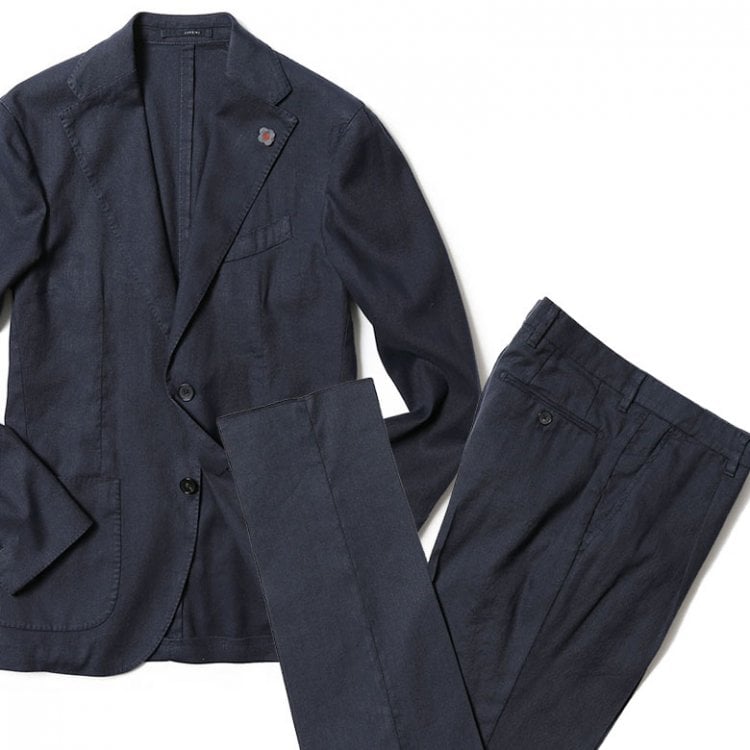
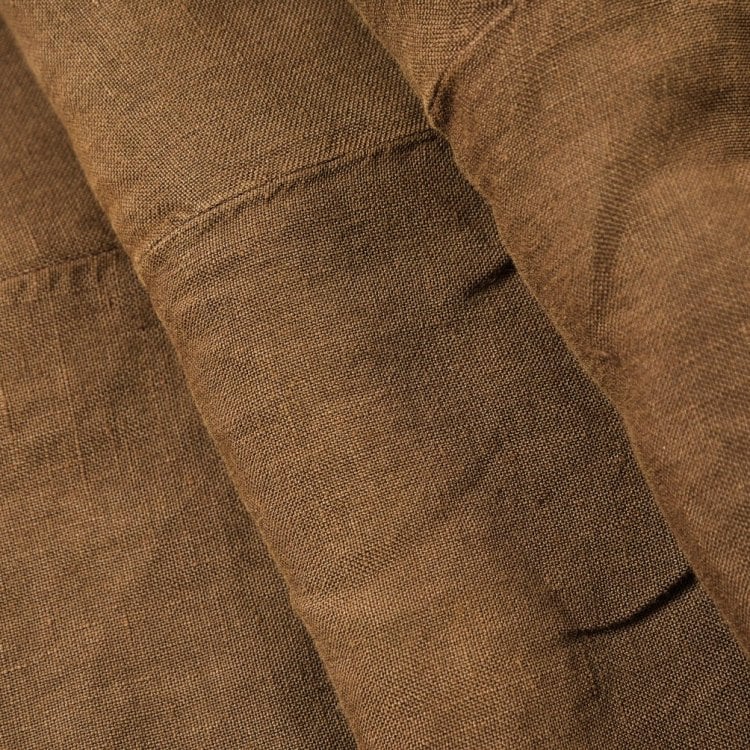
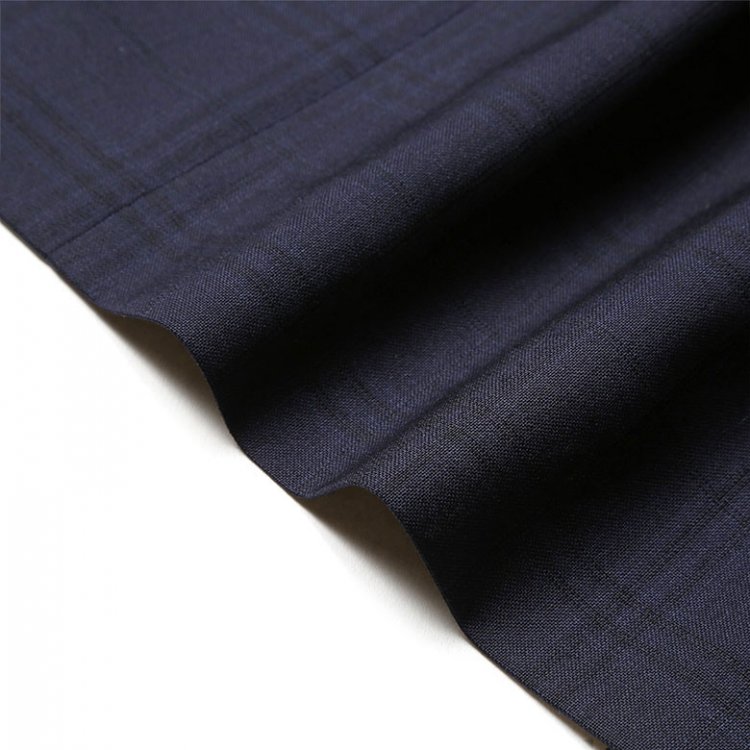
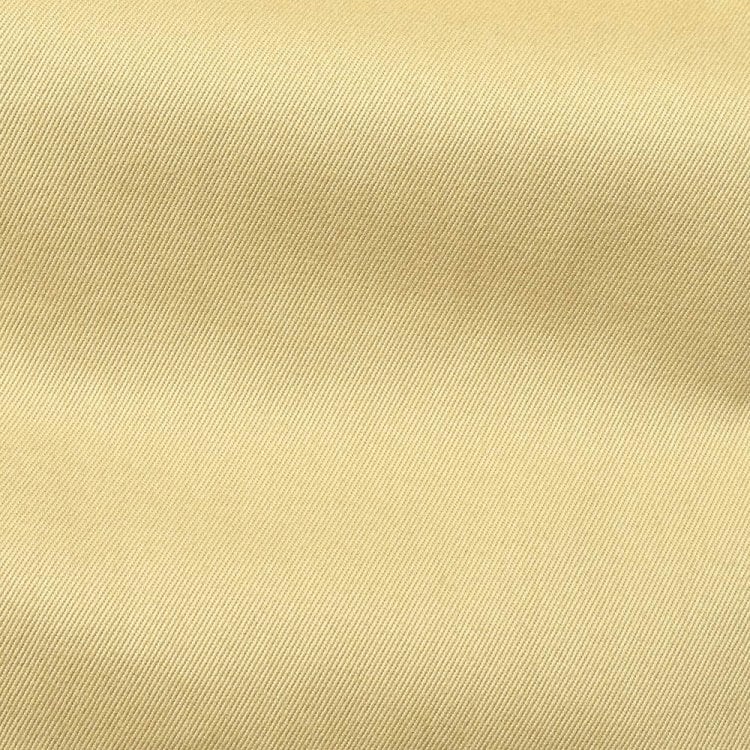
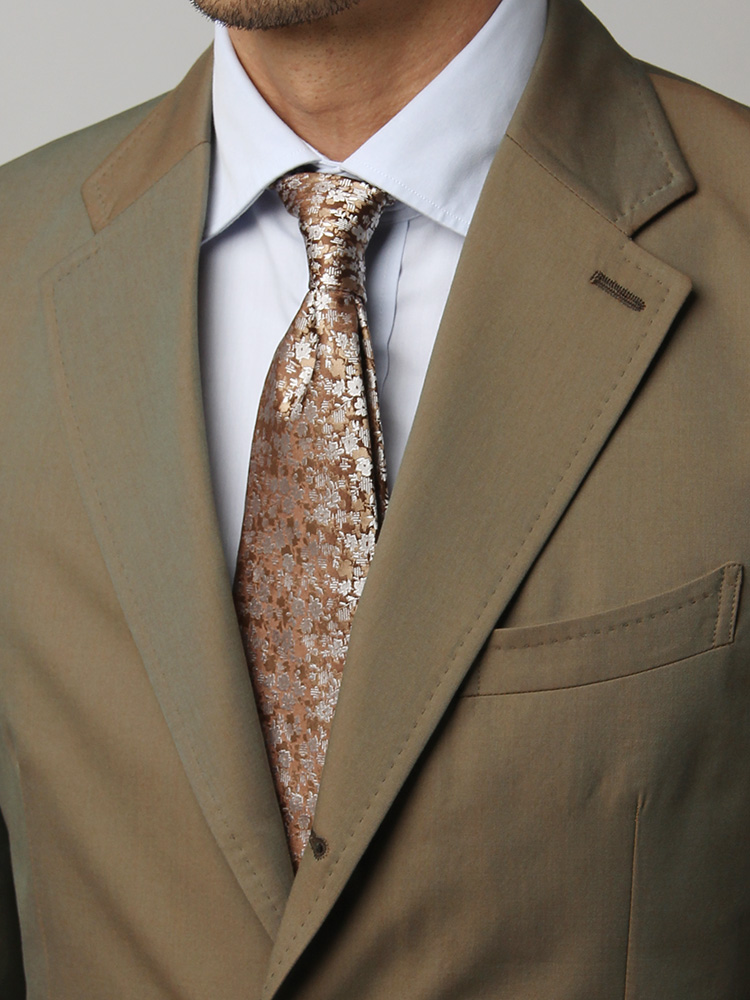
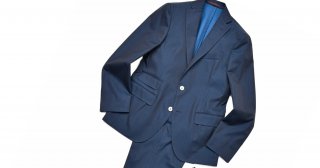
![Suit and Sneakers Men’s Outfit/Coordination Special! [ 2023 Newest ]](https://otokomaeken.com/wp-content/uploads/2020/07/bca6590987a4cdd11ae69e46973c4771-630x331.jpg)
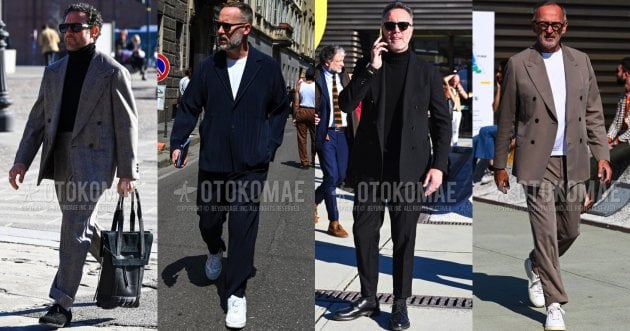

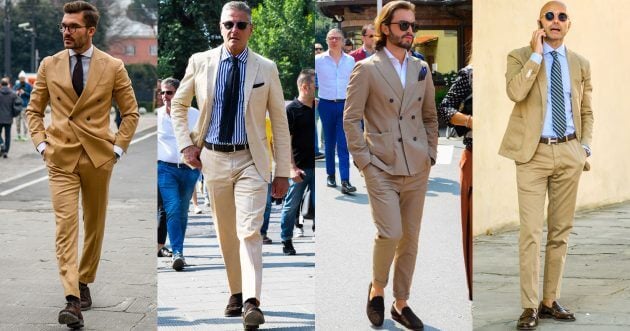
![How to Wear a Brown Suit in Style [ 2021 Newest ].](https://otokomaeken.com/wp-content/uploads/2019/04/a-1-630x331.jpg)
![How to Wear a Navy Suit in Style [ 2021 Newest ].](https://otokomaeken.com/wp-content/uploads/2020/02/57b8ad171c27ba4a3f9ece1dc83d4034-3-630x331.jpg)
![The Chicest Way to Wear a Gray Suit [2023 Newest].](https://otokomaeken.com/wp-content/uploads/2020/02/1-8-630x331.jpg)
